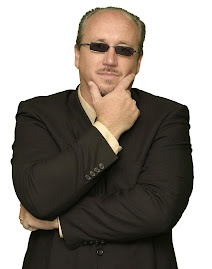Aristotle's thought ethics came from choosing to do GOOD rather than choosing to do BAD.
Rousseau thought ethics needed to be forced on you by an absolute authority or leviathan.
Hobbes thought ethics were determined by the majority and so we need a government to force that majority belief upon us to have a GOOD society.
Kant believed in a variation of the golden rule where GOOD would be achieved by everybody asking themselves BEFORE they act "would I want this done to me?"
John Stuart Mill was a utilitarian. Which means that ethics and what is GOOD is determined by whatever promotes happiness at the time you make the decision. Does this give pleasure or pain? Mill is talking about aggregate happiness of the greatest number of people though, not necessary your personal happiness. Mill had to build in some checks so that we all don't become totally hedonistic (seeking only our pleasure all the time) so he came up with certain kinds of pleasure being better than others. Listening to good music, for example, is likely a better kind of pleasure than spending the day eating Ben and Jerry's ice-cream. He explained this by calling on experience: nobody who has experienced both higher and lower pleasures would be willing to swap a life of higher pleasure for lower ones. He said "No intelligent human being would consent to be a fool though they should be persuaded that the fool, the dunce, or the rascal is better satisfied with his lot than they are with theirs."
There are, of course, many problems with this. Not the least of which is the fact that the GOOD in Mill's case would be the pleasure of the greatest amount of people. But mob rule is rarely a good thing especially when practiced at the pleasure of the KKK or Gestapo. This also leaves too much room for personal choice, I would be hurting if all there was was Starbucks since I don't like coffee or chocolate but Starbucks seems to give pleasure to a GREAT amount of people therefore I must be a BAD person.
It, again, boils down to the NECESSITY of having an outside arbitrator of what is good or bad. A rule or guide given to us by someone who knows the truth and the best and has our best interests in mind. Sounds like a Savior I know and a Word I try to follow, doesn't it?
Subscribe to:
Post Comments (Atom)

No comments:
Post a Comment